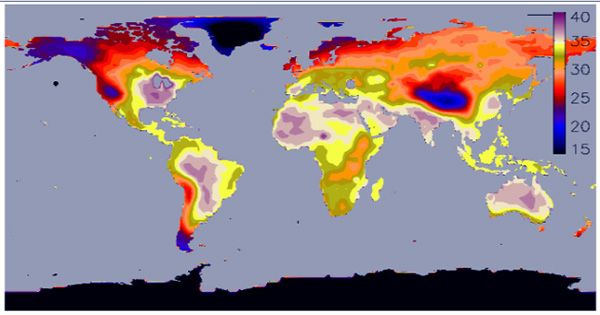According to the Central Board of Direct Taxes (CBDT), banks and financial institutions would not be required to deduct 10% tax deductible at source (TDS) from one-time loan settlements and waivers.
The CBDT made it clear that under Section 194R, which was included in the Union Budget, bonuses and rights shares will not be subject to tax deduction. From July 1, 2022, persons providing any benefit or perquisite to a resident were subject to a 10% TDS deduction on the value of such benefit under Section 194R.
Banks expressed concern about the provision’s applicability since they would be burdened by having to pay taxes on such a transaction.
Public financial institutions, scheduled banks, deposit-taking and systemically important non-deposit-taking financial companies, asset reconstruction companies, cooperative banks, cooperative agricultural and rural development banks, state financial corporations, and state industrial investment corporations are all exempt from the new section’s requirements thanks to the clarification provided by the top direct tax body.
Bonus issue is nothing more than capitalisation of reserves, and these reserves already belong to the shareholders to whom the shared are issued. Receipt of bonus shares is not taxable in the hands of the shareholder. Instead of navigating through the incongruity of the various circulars on the matter, one might also explore that receipt of bonus shares are in principle not ‘arising from business or exercise of profession’ for a normal shareholder and therefore 194R is not applicable on issue of bonus shares by any kind of company.
Vishwas Panjiar
The clarification through additional guidelines is a major relief to the banks, as it will save them from bearing the extra tax cost burden over and above the loss in the form of a haircut which they face at the time of the waiver of the loans, said Amit Maheshwari, a tax partner at AKM Global.
It ends ambiguity over the applicability of the provisions over the issuance of bonus and rights shares. CBDT, while exempting the activity from the section, said that it was represented that the issuance of bonus and rights shares does not result in any benefit to shareholders as the overall value and ownership of their holding does not change.
A further cost of acquisition of bonus share is taken as nil for capital gains computation when this share is sold, the apex direct tax body said.
The guidelines also clarify that embassies and high commissions would also be exempt from Section 194R. The provisions of the section would not be applicable on benefit provided by, an organization in the scope of The United Nations (Privileges and Immunity Act) 1947, an international organization whose income is exempt under specific Act of Parliament (such as the Asian Development Bank Act 1966), the additional guidelines issued by CBDT said.
In the case of a gift, such as a car, given by one company to another, the person receiving the gift can claim deduction for depreciation if 10 per cent TDS is deducted under Section 194R. For conferences to educate dealers about the products of a company, expense on participants will not be considered as a benefit under Section 194R.
If expenditure is on account of overstay by dealers, it would be considered as a benefit and come under the provisions of the new section. However, if overstay is one day prior and one day after the conference, it will not be considered as overstay.
However, a company in which a public is not substantially interested will still be required to deduct tax at source while issuing bonus or right shares as per the provisions, said Maheshwari.
Vishwas Panjiar, a partner at Nangia Andersen LLP called the decision to exempt applicability of Section 194R in companies where public is substantially interested as bizzare and said that it stems from lack of appreciation of the well-established principles of corporate law.
“Bonus issue is nothing more than capitalisation of reserves, and these reserves already belong to the shareholders to whom the shared are issued. Receipt of bonus shares is not taxable in the hands of the shareholder. Instead of navigating through the incongruity of the various circulars on the matter, one might also explore that receipt of bonus shares are in principle not ‘arising from business or exercise of profession’ for a normal shareholder and therefore 194R is not applicable on issue of bonus shares by any kind of company,” Panjiar said.
















